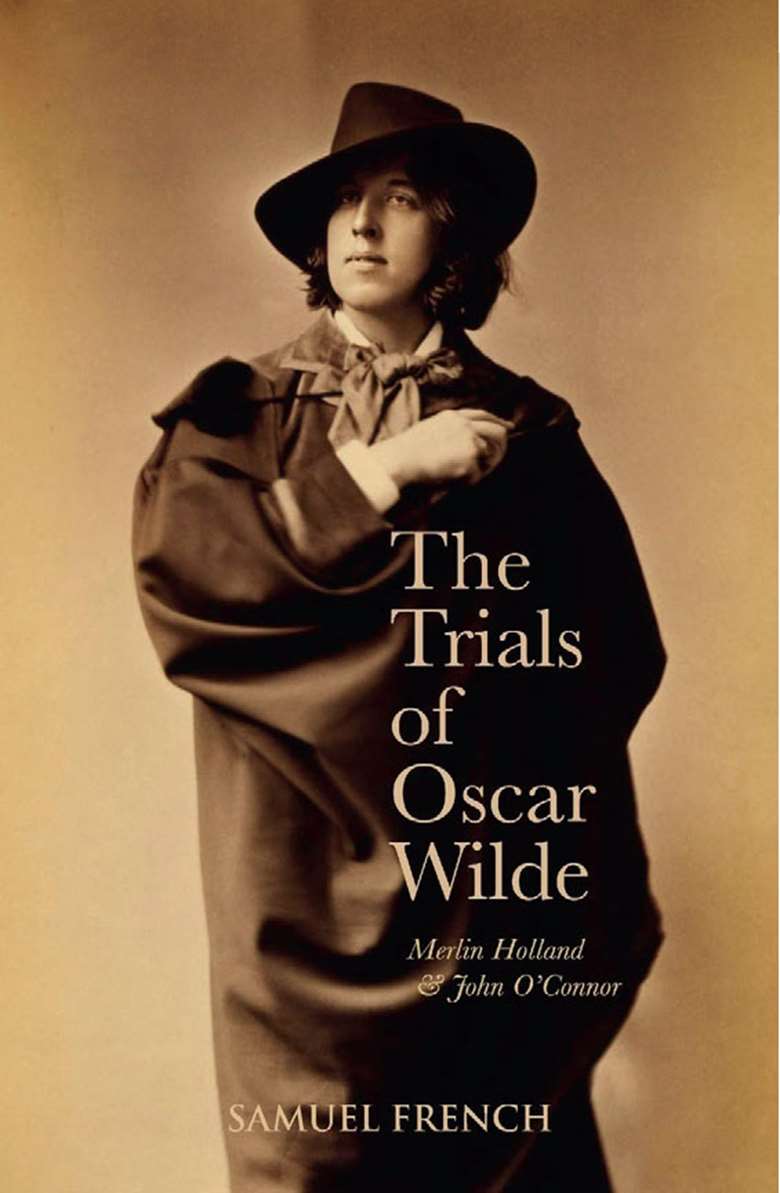The Trials of Oscar Wilde by Merlin Holland and John O'Connor
Alasdair Buchan
Tuesday, October 1, 2019
A masterful and meticulous piece of research, lovingly crafted into a drama that delivers all the wit, poetry and pathos one expects from Wilde-at-large. Published by Samuel French

Merlin Holland and John O’Connor's dramatisation of the former's grandfather, Oscar Wilde's sensational trial is tense and rich in detail. Following the discovery in 2000 of long-forgotten transcripts of the trial, Holland and O’Connor's play is the closest one can get to actually being at the Old Bailey during those fateful months.
This is a piece that demands much of its cast. Most of the action takes place in lengthy and verbose cross examination or monologues that would require performers of considerable skill to lift off the page. Wilde himself (almost never off stage) is a gift for any actor. Here he is passionate, flippant, amusing and irritating, running the gamut from ostentatious and confident to utterly broken. Much of the success of a production of this play would be down to his casting: like Hamlet or Hedda it would be unwise to tackle it without a suitable star.
Originally produced with just three actors, 15 or so characters step in and out of the world of the trial and these are not merely ciphers to Wilde's story but many – Carson, Clarke and the various boys called upon to give evidence – are intricately realised and complex characters. For my mind a larger and more varied cast would make the drama all the more intriguing: a sense of the whole of London versus the beleaguered Wilde.
Courtroom dramas have become less fashionable of late. While I found the ghostly lines from The Importance of Being Earnest that pepper the first act a little heavy handed, the moments away from the Old Bailey; like seeing Queensberry hand the libellous card to the porter at the Albemarle or Wilde's possessions being heartbreakingly auctioned off for pennies, keep the action from becoming too staid and keep the pace moving well.
LGBT+ education hasn't been as important since the repeal of Section 28 and this play provides an incredibly clear, level-headed and moving account of one of our greatest gay heroes and how this country has changed in the recent past. For this reason alone, studied in class or fully staged, it is invaluable.

